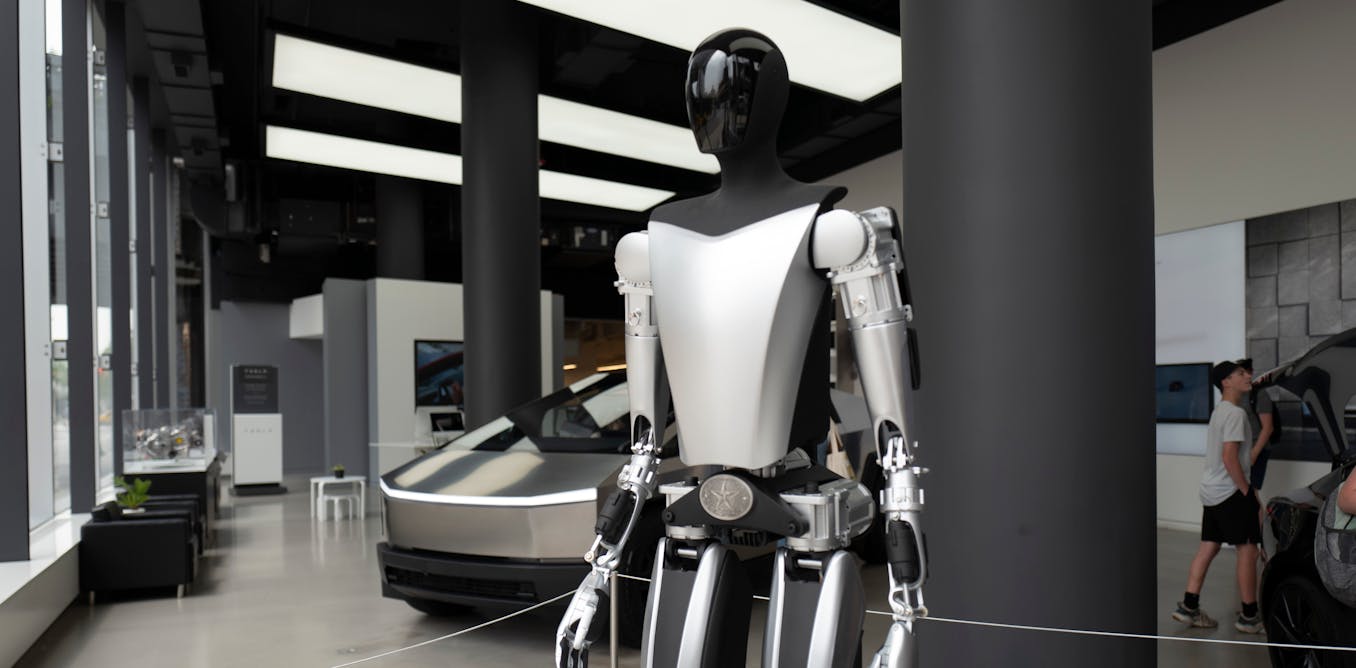Australia’s productivity performance has stagnated for years, and Treasurer Jim Chalmers has declared addressing this is a second term priority.
“Productivity” is now an added part of the remit of Assistant Minister Andrew Leigh, along with his responsibility for competition, charities and Treasury matters.
It’s an area to which Leigh brings some expertise. He is a former professor of economics at the Australian National University and has a PhD in Public Policy from Harvard Kennedy School.
He joins us to discuss productivity and more.
On the concept of productivity, Leigh outlines some common misconceptions.
A lot of people think of productivity as being working longer or working harder, rather than working smarter.
Really, productivity should be how much you can produce per hour, not how much you can produce per year, because I don’t think any of us feel productive if we’re forced to work at night and the weekend when we don’t want to. Improving the way in which we use technology can be important to that.
On why it has taken government so long to boost productivity, Leigh says:
The measures tend to be lagging. And it’s about changing the structure of businesses, and sometimes that takes a while to take effect. So, for example in the computer revolution, you don’t immediately see that showing up in the productivity statistics. Same story for electrification a couple of generations earlier.
These so-called general purpose technologies take a while before work is revamped around them. So too we can have problems that take a while to embed themselves, and then it can take a while to get out.
On emerging artificial intelligence technology, Leigh, while aware of the concerns, says there’s great potential:
I think we’re all concerned about the implications for privacy. I think there are reasons to be concerned about the potential anti-competitive aspects if the AI engines consolidate over coming years. But it’s also very clear that this is a technology with great potential to take away drudge parts of our jobs and allow people to focus on the most stimulating types.
There are invariably job impacts of any technology that comes along, and artificial intelligence is no different from that. We don’t tend to be very good as economists at forecasting precisely where the jobs of the future will come and where they’ll go, but we do know that it’ll have an impact, and this is potentially as big a general purpose technology as any of the others that we’ve seen in the past.
As a member of parliament from the Australian Capital Territory, Leigh remains keen that both territories get more representation in the Senate.
I think the ACT [and] the Northern Territory send representatives of strong calibre to the federal parliament. And having more representation for the territories would be a great thing.
To have more ACT senators, I think, would be a terrific thing. We saw in the last election a pretty ferocious attack from the conservatives on Canberra, and so having more voices in the federal parliament standing up for the ACT would be great.

The post “Andrew Leigh on more productive work in the age of AI” by Michelle Grattan, Professorial Fellow, University of Canberra was published on 05/14/2025 by theconversation.com


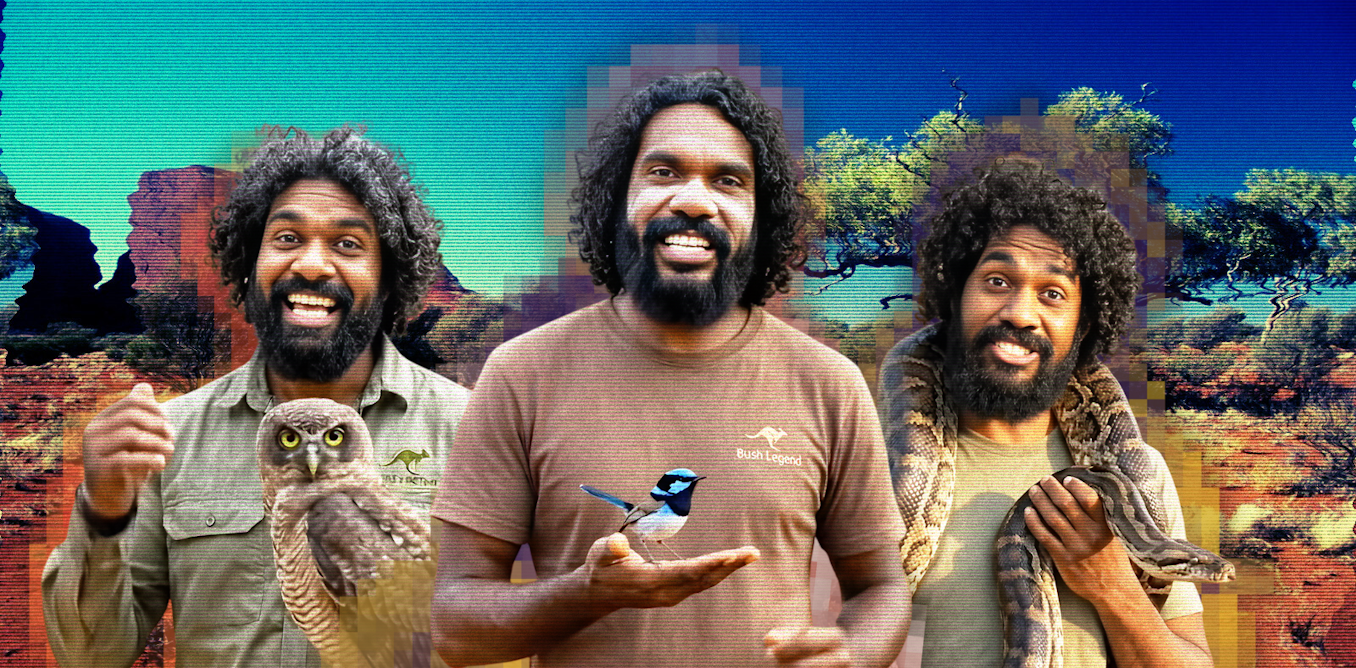

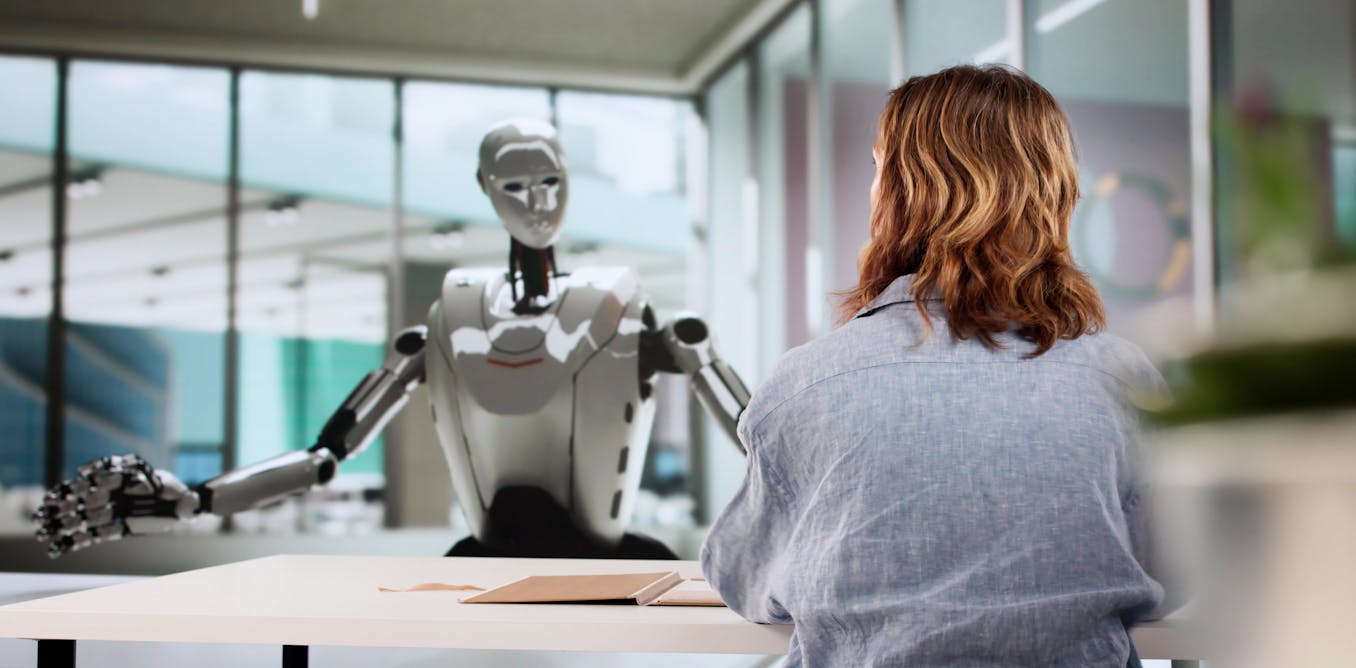
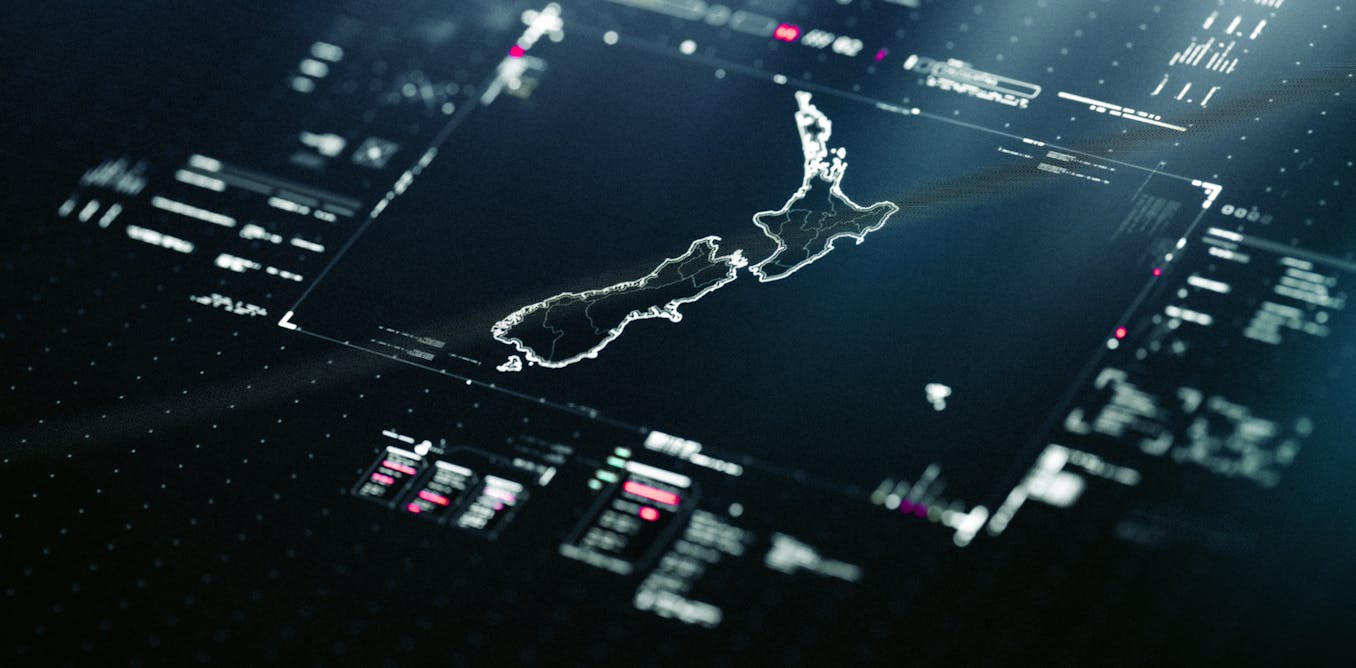




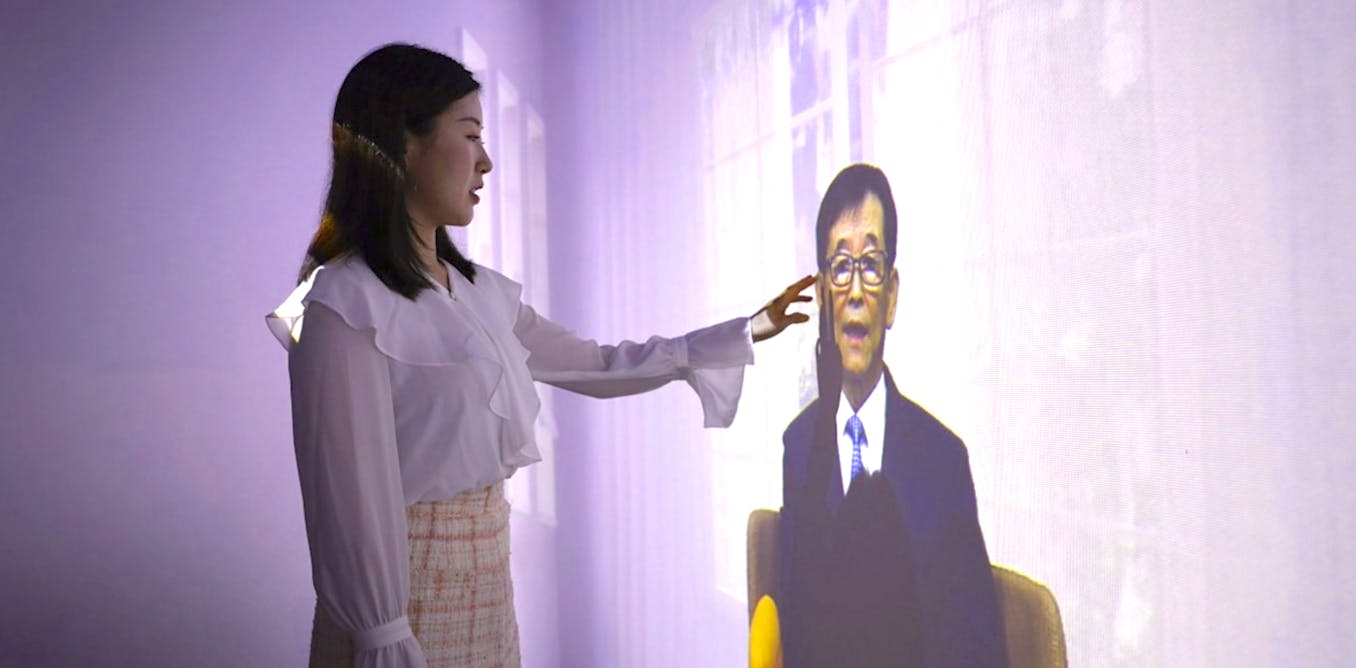
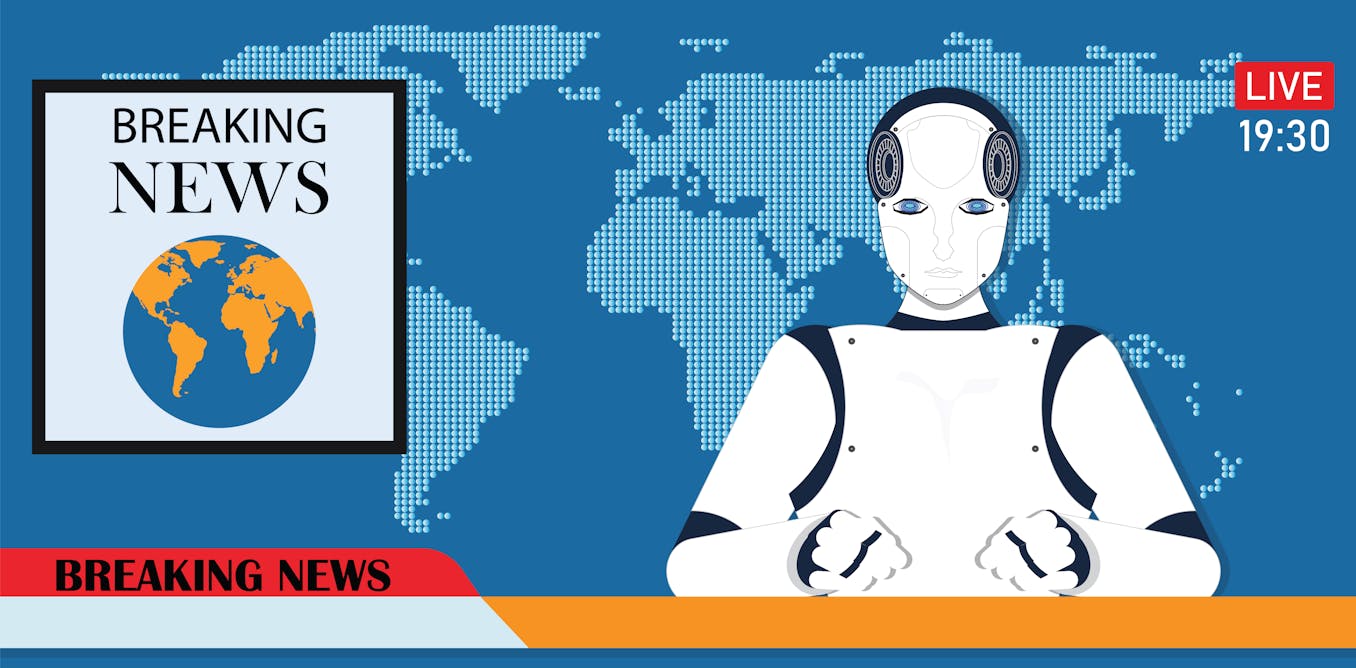
-2.png)

